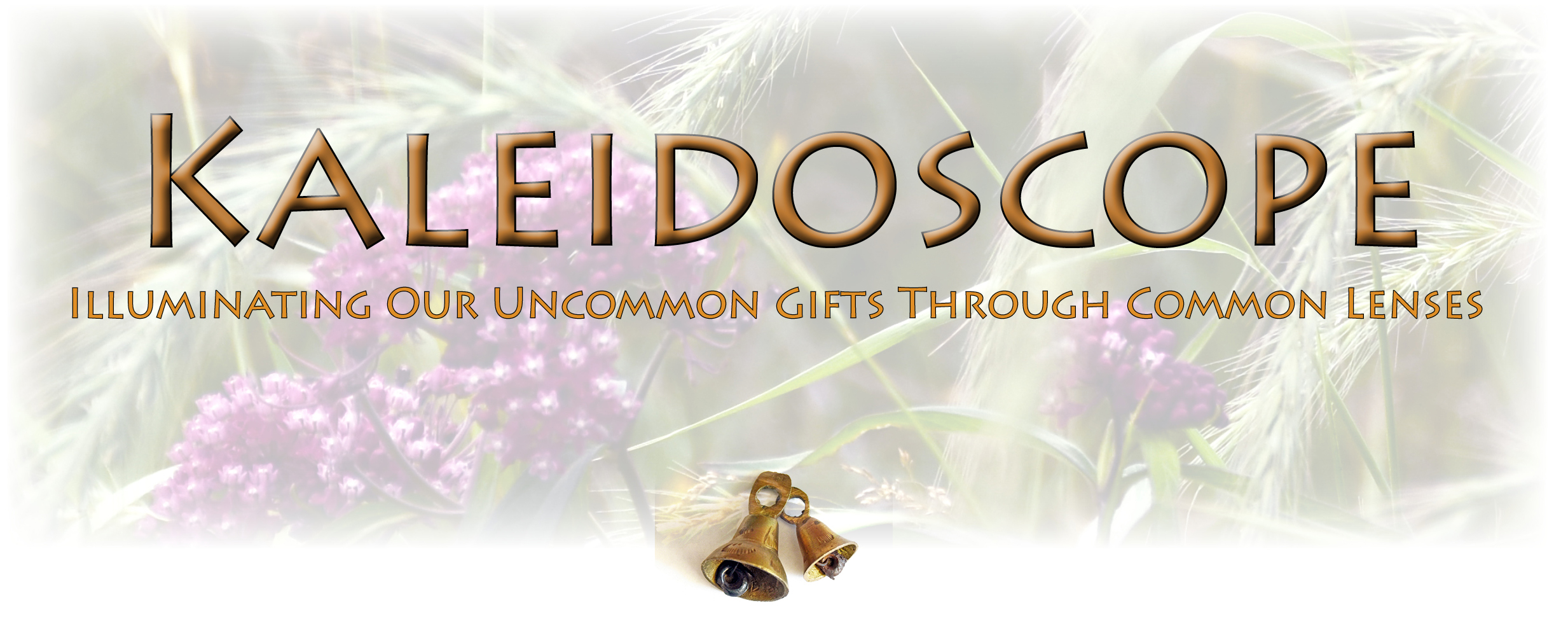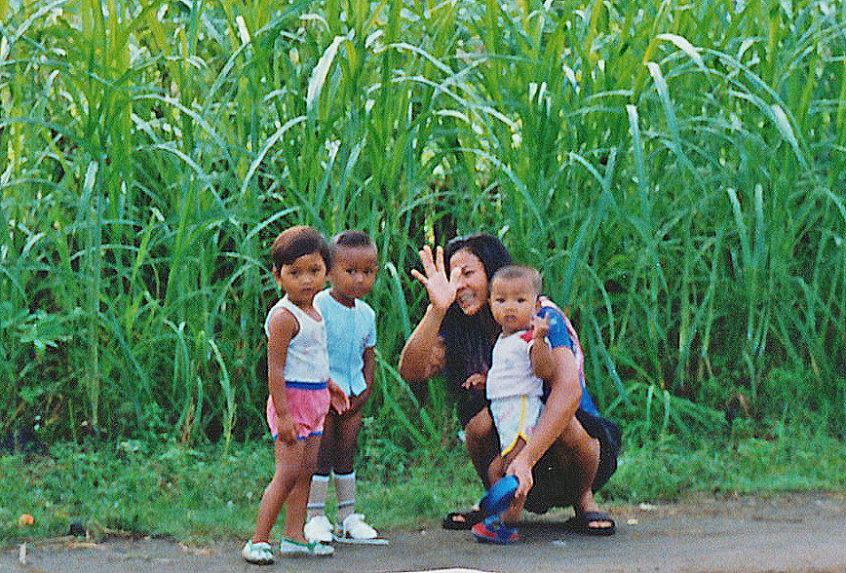Story, as it turns out, was crucial to our evolution — more so than opposable thumbs.
Opposable thumbs let us hang on; story told us what to hang on to. ~ Lisa Cron, Wired for Story
I’m writing my story so that others might see fragments of themselves.”
~ Lena Waithe, screenwriter for Bones and Master of None
Ground: The story, experience, storyteller’s memory, engaging
Light: The telling, connection, others’ memories, making meaning
Why are stories and storytelling such a powerful way for us to connect with ourselves and each other?
Stories put the whole brain to work. Stories engage more than the language processing parts of our brains. One of the key reasons why I love hearing and telling stories is because I notice that my consciousness shifts. I come into the present even when I am writing or speaking about the past. And I notice a fullness within myself – a presence.
When we hear or read someone else’s story, we relate it to our own experience. I recently received a note from a friend who read a story I wrote about taking my son to the ER because he had a rock up his nose. She wrote, “Suffering and the rock in his nose – too funny – as it happens I once did the same thing after having sniffed a mini lemon that I had picked off a tree in the south of France – I just thought it smelled so good! Your stories make memories come back to life.”
Storytelling engages our five senses. I wrote a story about a meal I was served on a train in India. In response, I got a note that just said, “Makes me hungry!”
Learning is effortless when we listen to or read a story. Some of my earliest childhood memories are of listening to stories that I still remember to this day. Informal stories – teaching stories and family history stories – were told over and over by, for example, my grandmothers. Formal stories came from books like Curious George and Make Way for Ducklings. And, as an adult I notice that TED talks always begin with a story.
Evolution has wired our brains for storytelling. Valerie Khoo opens her article, “Why Is Storytelling So Powerful?” this way: “As humans, we’re simply hardwired to share stories. Whether it’s through cave paintings or Tweets, stories are how we communicate with each other and make sense of the world….”
Storytelling in our personal lives is SO natural that it’s mostly at the level of assumption. It is a natural skill (hardwired) that is often under-recognized and, thus, under-utilized. We may not even notice how much we naturally and informally tell stories every day of our lives. Bringing more consciousness to this natural way-of-being can more fully tap a reservoir of potential that powerfully serves us in connecting with Life, ourselves, and each other.
Moments like the one in the photo above show how powerful storytelling is.
Whatever the nanny is sharing clearly engages and holds meaning
for these children. And it is shaping their reality.
Yogajakarta, Indonesia, 1990.
Scan of a 35mm slide.

